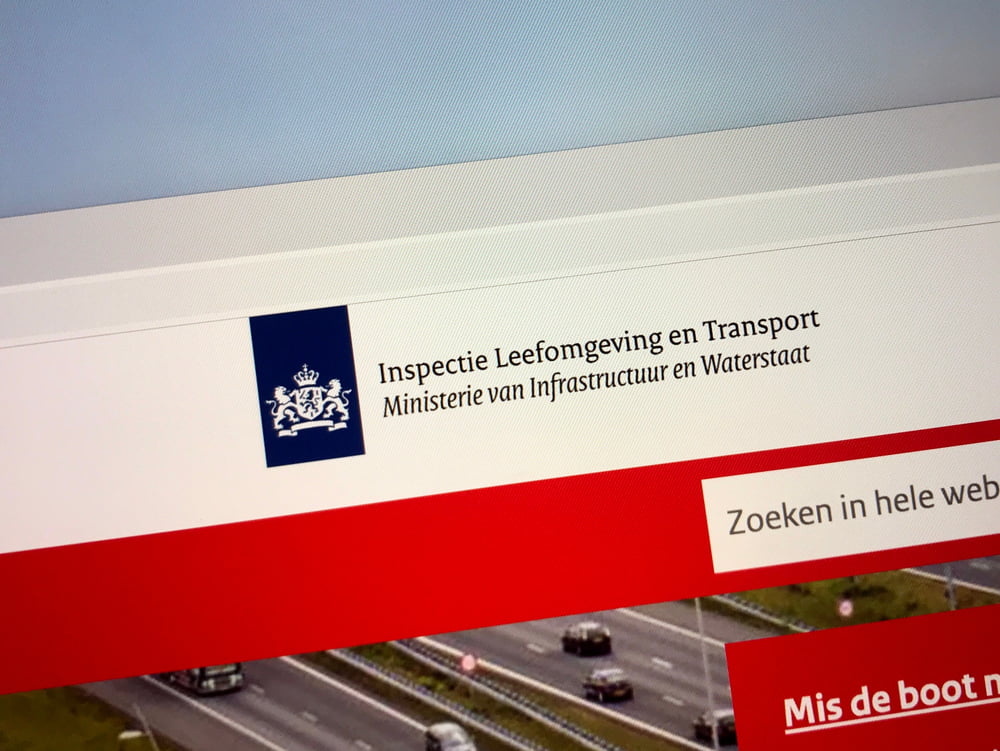Between mid-May and late June 2020, the Human Environment and Transport Inspectorate (ILT), together with the Coast Guard, examined the working and living conditions on board 32 sea-going anchors in the North Sea. The investigation shows that rules are generally observed well and crew is paid on. This is stated on the website of the Human Environment and Transport Inspectorate.
Ships are sometimes anchored off the Dutch coast for a long time due to the corona crisis: at one point, even 289 sea-going vessels are in the so-called anchor sections. The captains were surveyed on aspects such as salary payment, crew repayment, supplies, waste treatment and fuel supply. At the end of June, contact was made again with 7 ships that are still in the anchor compartments.
During the investigation, it appears that 23 captains have no insight into how long they will remain at anchor. The same number does not know when the crew will be relieved. That is a concern. Crew members are sometimes forced to stay on board for months longer than contractually agreed. The main cause of this is the lock-down situation in many destination countries such as India and the Philippines. On the positive side, on all ships surveyed the crew is paid normally and on time. On 2 ships, the crew receives an extra bonus in the form of wages and telephone cards.
To determine the risk of environmental pollution, the captains were also asked how they handle their waste and fuel. The answers show that waste is regularly delivered to the anchor boxes. Some captains specifically state that this has been properly arranged. Two ships have refueled (bunkered) in the anchor compartment. At the time of the call, 3 ships still had low-sulfur fuel on board for less than 14 days. The use of low-sulfur fuel is mandatory in the North Sea.
A number of ships have drinking water or food on board for less than 14 days. 1 ship no longer has drinking water in stock and produces this itself. This is not permitted under the WHO standards. 1 ship has been supplied with provisions in the anchor section. During the follow-up inspection it appears that the ships that are still anchored now have enough fresh supplies, water, fuel and spare parts on board. The ILT and the Coast Guard keep a finger on the pulse and board if necessary for an inspection. A large number of captains indicate that they are pleased with this attention from the Dutch authorities.



